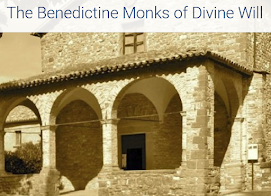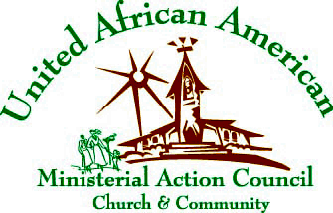Reaching Out to Strange Brethren
In some ways, "We're Not in Civil War, but We Are Drifting Toward Divorce" doesn't add a lot that we don't already know. But I like the concise way in which David French narrates how
"Americans separate themselves into … homogeneous enclaves." Not to mention a few anecdotes that drive home
the point:
Over in Seattle, in the midst of a debate over juvenile justice, a city-council member invoked his "Republican friends" as a symbol of the broad-based agreement that incarceration policies need to change. One of his colleagues, Kshama Sawant, snapped back with the proud declaration that she didn't have any Republican friends. The crowd cheered.
Examples like this can be found on the left and the
right: Not only don't we know people with whom we disagree, we're proud of it.
French's solution is a new federalism, but it's unclear
to me how exactly that would work politically. When it comes to the "homogeneous enclaves" in the church, one would
hope we'd not cheer but see this as a gulf that Jesus the reconciler has already built a bridge across. And a
bridge that we each might walk across to meet to meet a brother or sister who is a stranger to us. After all, we'll
be spending eternity with them; might as well get to know them now.
| ||
Politics in the Pulpit—Not
Readers of The Galli Report should know by now
that I am an equal opportunity offender. For decades now, conservatives have argued that liberal Christianity's
plunge into politics is one reason for the decline of the mainline. As a former card-carrying member of two
mainline denominations, I think there is a large measure of truth in that. But there is a shoe that fits the
other foot: Is the Religious Right to Blame for Christianity's Decline? asks George Hawley at The American Conservative. You can probably guess
his answer.
I happen to think his argument has merit. Certainly
Christians have political responsibilities, but when politics steps into the pulpit, the church becomes less a
place "to make disciples of all nations" (Matt. 28:19) and more one that attempts to make Democrats or
Republicans of all members. That's when the truly faithful know something has seriously gone wrong, and before
long, they are long gone.
| ||
Street Drugs Win
I admit to not understanding everything in
"Is Pharma Research Worse than Chance?" but it did give me some understanding about how hard
it is to come up with a revolutionary drug. More interesting still, it explains how illicit drug use, ironically
enough, has made the biggest advances in pharmaceuticals in the 21st century. I'm assuming this author (Scott
Alexander, a psychiatrist practicing in the Midwest) knows what he's talking about, but if a reader or two of
the GR has a different take, I'd love to hear from you. (Just to be clear: This is not an endorsement of
illicit drug use, only that good gifts often come from odd places.)
| ||
Banner Weeks at CT Online
The last couple of weeks have produced a plethora of
articles and podcasts that I think are right up the alley of GR readers:
Sorry, Old Testament: Most Theologians Don't Use You Kay Warren: 'We Were in Marital Hell' US Prepares to Deport Hundreds of Iraqi Christians Yes, Christians Can Love Jesus and Their Muslim Neighbors Honorably (Podcast) | ||
Grace and peace,
| ||
| ||
Friday, June 16, 2017
Reaching Out to Strange Brethren
Subscribe to:
Post Comments (Atom)























No comments:
Post a Comment